Would you eat a baby? Would you feed it, raise it, and teach it, just to eat it for your own pleasure? For many of us, the answer would be no. Babies are intelligent beings, and they have a whole life ahead of them.
But so do cows. So do pigs. So do chickens.
“Killing an animal harms the animal. We’re actively doing something that deprives it of future life,” said Peter Singer, a professor of Bioethics at Princeton University.
Though the common person likely isn’t the one killing the animals, by buying meat, they participate in the meat production process, encouraging its continuation.
Meat production factories often do not entail pleasant conditions for the animals. According to Jacquie Jacob, a Poultry Extension Associate at the University of Kentucky, chicks’ beaks are trimmed with heated or mechanical blades so that their bodies aren’t damaged by their natural behavior to peck each other. Similarly, the horns of cows are cut off without any form of anesthesia, despite the presence of the corneal nerve, an acute pain sensor.
Unpleasant conditions for animals also lead to unpleasant conditions for the Earth. Along with the slaughterhouse horrors, animal production is a significant contributor to global pollution. The Food and Agriculture Organization (FAO) reports that livestock factory farming amounts to nearly 15% of global greenhouse gas emissions. Waterways are polluted, methane is released, and human-induced deforestation to clear space for farms destroys habitats across the nation.
Many vegetarians, like elementary school counselor Danielle Kim, strive to extend their empathy towards the Earth.
“I want to care for the environment and other living creatures we are sharing this planet and space with,” Kim said.
As an alternative to unethical production and environmental detriments, many companies have started developing ways to replicate the experience of eating meat.
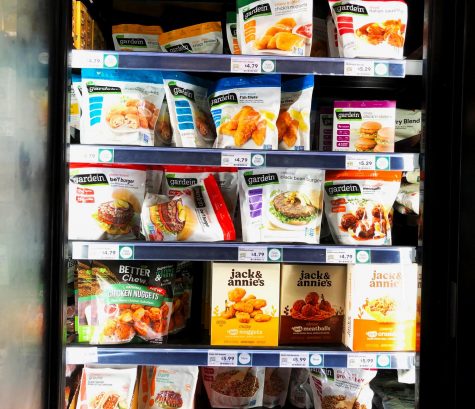
Impossible™ and Beyond Burgers have found their way into popular fast-food chains like Burger King and Carl’s Jr. Other mock meats, made from soy or plant fibers, reside in the shelves and freezers of most grocery stores like Trader Joe’s and Whole Foods. These meat substitutes can ease the transition to a plant-based diet.
“We want to give customers a choice between everything they want, and oftentimes they want plant-based meat substitutes,” said Nicki Kendall, a Trader Joe’s employee.
Although meat substitutes have become increasingly popular over the last quarter-century, people have been adhering to plant-based diets for thousands of years, without any factory-produced meat products.
For instance, Shojin Ryori, a Japanese Buddhist vegetarian cuisine, focuses on using vibrant seasonal vegetables to pair with spreads of rice, soup, and tofu. The Buddist sentiment stems from the belief in reincarnation, which causes Buddhists to be more aware of the lives of others: animals could have been a friend or family member in a past life. This vegetarian mentality is also prominent in other Asian cultures, such as those of Chinese, Indian, and Vietnamese peoples.
“We don’t let the desire for food—for something tasty, for something delicious—lead to lives being taken with such suffering, fear, and terror,” said Chinese Buddhist nun Chang Zao.
Despite the history of vegetarian diets, many are still concerned about the nutrients that plant-based foods can lack in comparison to meat and animal products, such as protein, calcium, and iron. Hillary Chu, a Carlmont senior, worries about incorporating protein into her diet.
“Some days, I would find myself eating meals that were strictly veggies and fruits without the presence of protein substitutes,” Chu said.
Aside from meat substitutes such as Impossible™ patties and mock chicken, other more accessible options, such as beans, tofu, and grains like quinoa, can provide protein at a much more sustainable price. While 12 ounces of Impossible™ meat costs $6.99, a 15 ounce can of beans costs just around $1.67 and provides 16 milligrams of protein, only 3milligrams less than the Impossible™ meat. Tofu, tempeh, lentils, barley, and quinoa also provide significant amounts of protein, along with fiber and essential vitamins.
Other nutrients that are typically found in animal products, such as calcium and iron, are present in plant foods as well. While drinking a glass of milk a day can fortify your bones with calcium, the same 300mg of calcium can come from a cup of figs, 4 ounces of tofu, or 1.25 cups of spinach. Additionally, one’s daily iron intake can be satisfied through eating dark leafy greens, legumes, and pumpkin seeds.
Though there are many sources of plant-based nutrients, it can be hard for meat-eaters to abruptly cut meat out of their diets. However, small steps, like cutting out certain meats, can make a huge difference. For example, shark fin soup, a luxury Chinese dish, has been ruled unethical since it encourages people to cut off sharks’ fins and toss the body back into the ocean, leaving the finless sharks to drown and bleed out in the sea.
Celebrities like Yao Ming, a former Chinese NBA athlete, spoke out against shark fin soup in a public service announcement to discourage Chinese consumption of it. Advocation and steps like these can make a huge impact on the meat-eating population.
“Just being okay with small steps at a time helped me the most to get out of that sense of hopelessness that I will never be able to be vegetarian,” Kim said.
These small steps can take different forms for everyone. Some may choose to cut out certain meats from their diet, some may choose to adhere to vegetarianism or veganism for certain days of the week, and others may go plant-based for certain meals. Junior Avantika Swaminathan, who has been a vegetarian for the majority of her life, shares some tips for prospective plant-based eaters.
“Try gradually putting more plant-based foods in your diet, and if you continue to eat meat, make sure what you eat is ethically sourced,” Swaminathan said.
At the end of the day, weighing the joy one gets from eating meat—instead of plant-based foods—against the life of an animal is important to developing a more ethical mindset.
“Remember, when the buying stops, the killing can too,” Yao said.


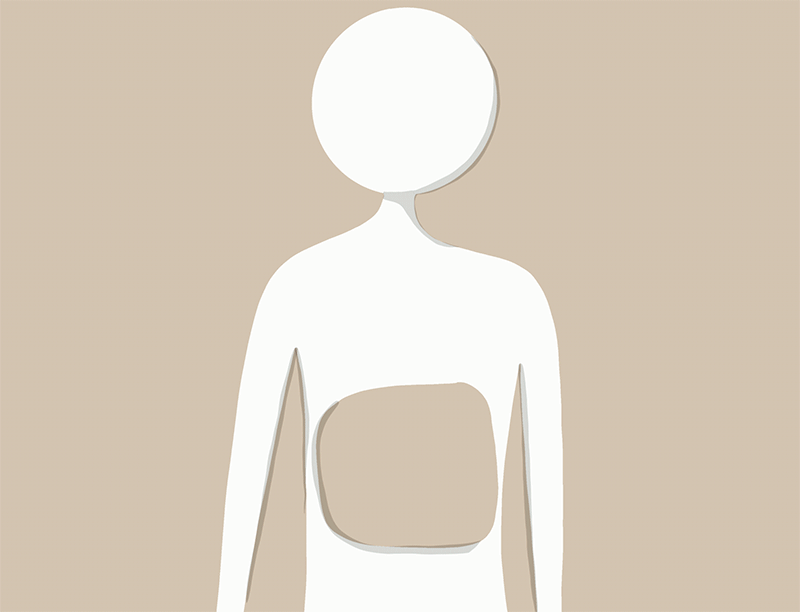
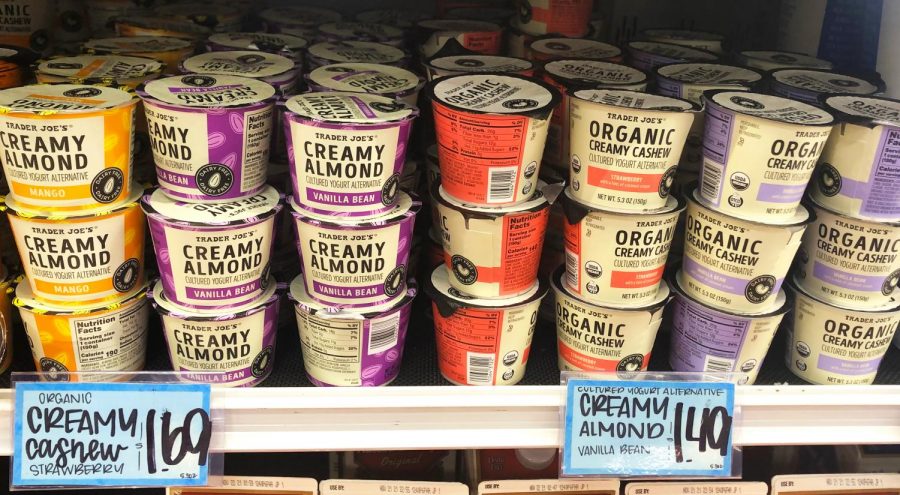









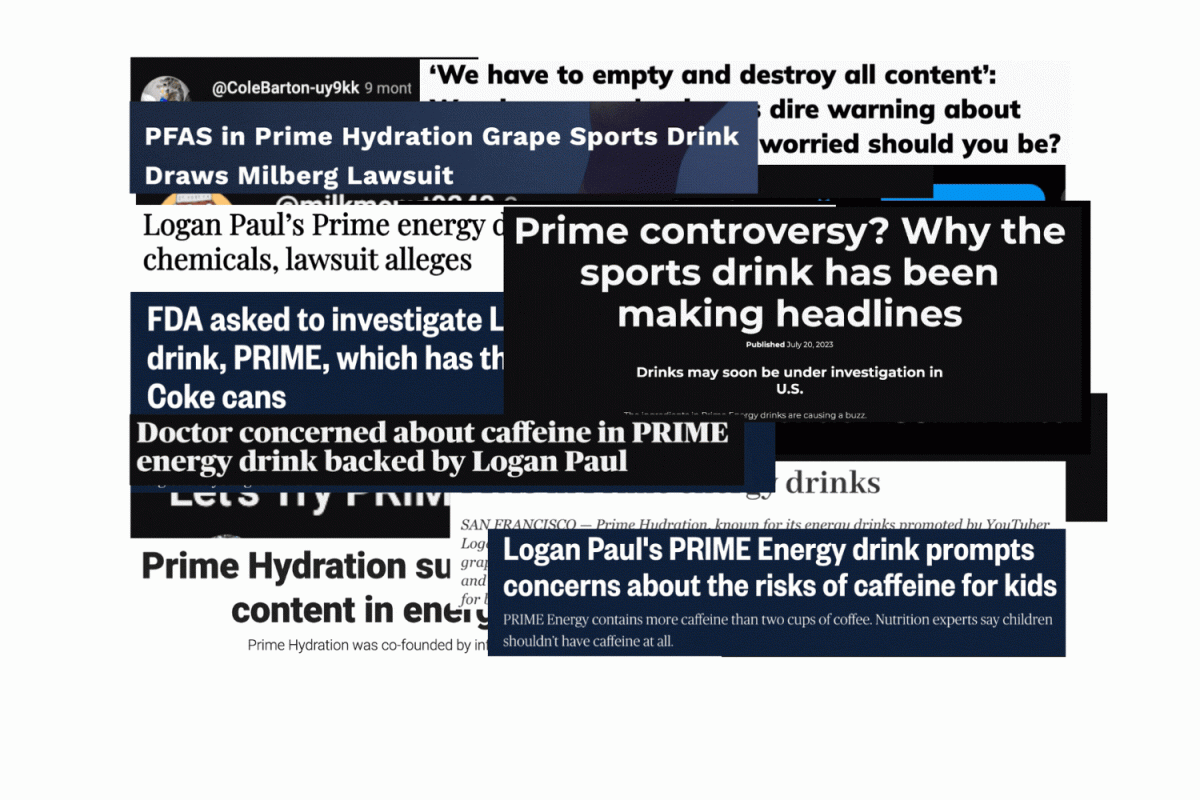





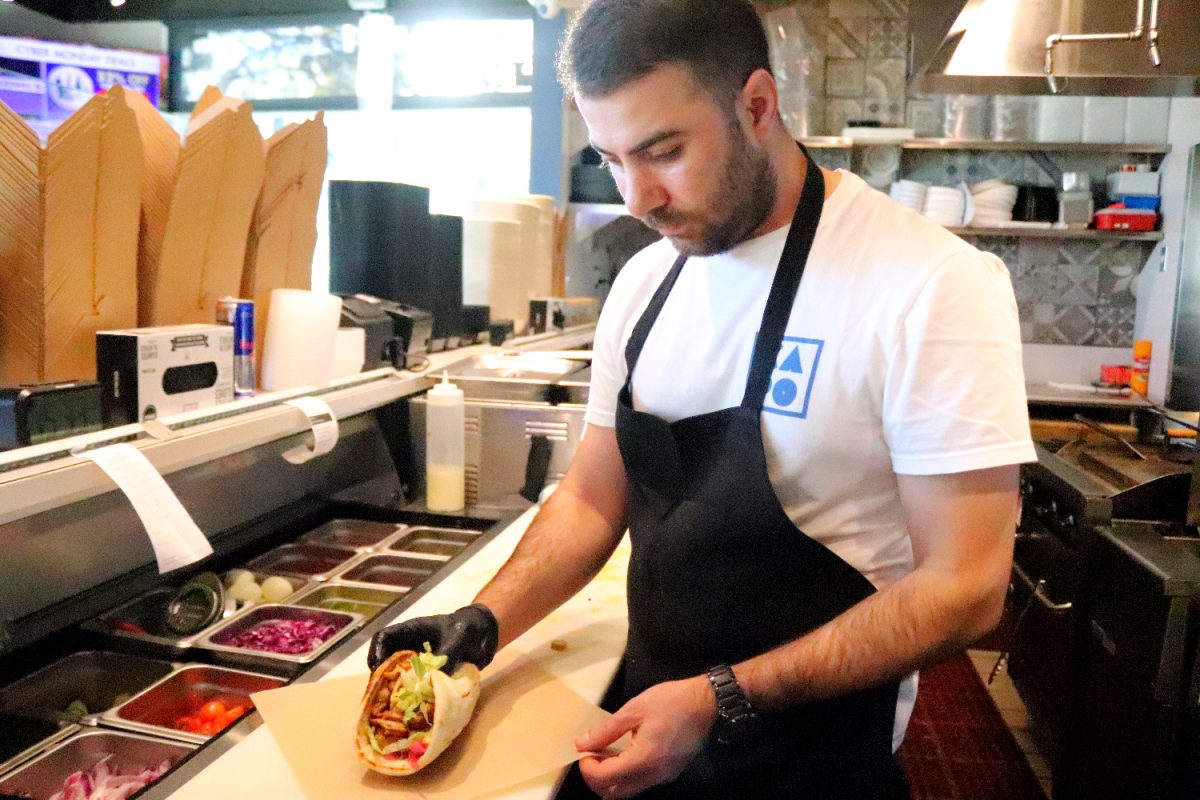

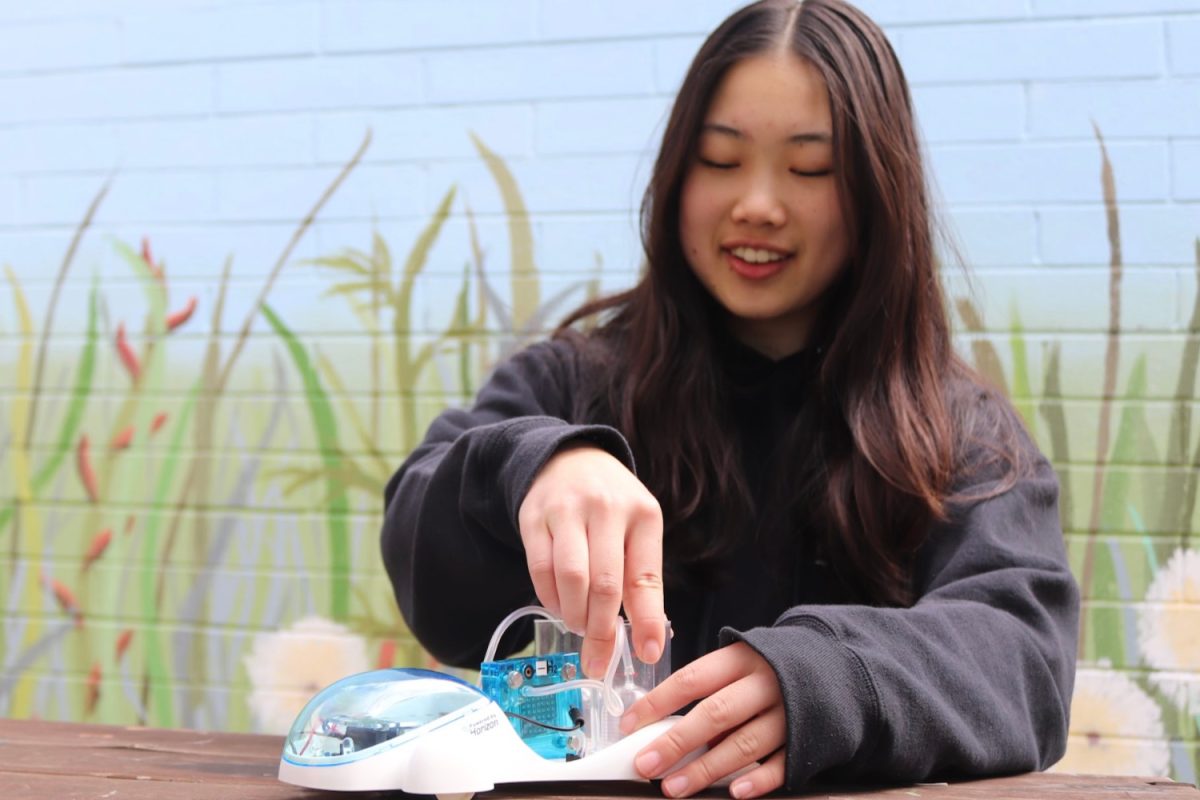
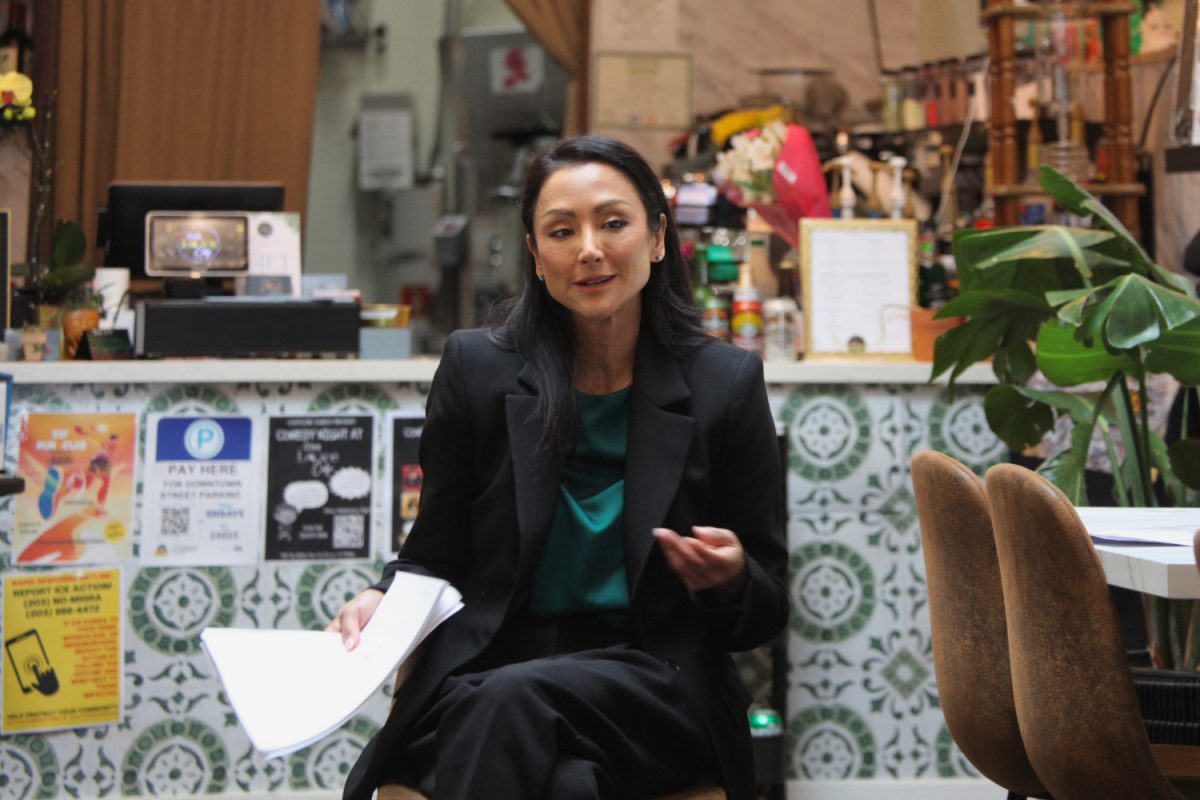
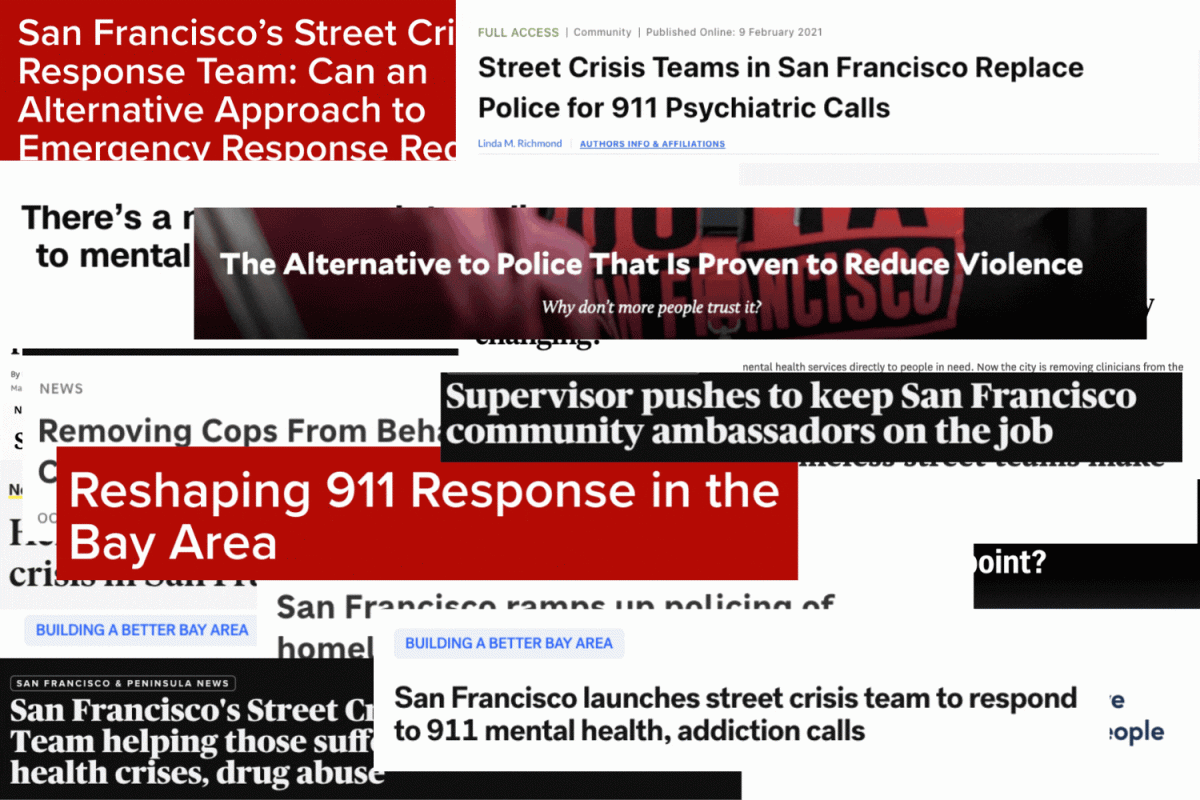

Suja • Oct 19, 2021 at 11:31 pm
Great article, Kasey! Makes new want to go vegan
Kim • Oct 19, 2021 at 9:50 pm
Thanks for the encouragement, Kasey!